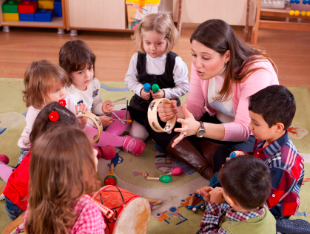Curiosity is a natural part of childhood. When nurtured, it becomes a powerful driver of learning and creativity. Encouraging children to explore the world around them helps develop critical thinking skills, problem-solving abilities, and a lifelong love for discovery.
From a young age, children ask questions, observe details, and show interest in how things work. Supporting this curiosity can be as simple as creating an environment where exploration is welcomed. This means allowing time for open-ended play, providing hands-on materials, and letting children lead their learning journey based on what excites them.
Outdoor experiences offer some of the best opportunities for exploration. Nature walks, trips to the park, or digging in a garden stimulate the senses and promote observational skills. Indoors, curiosity can be sparked through science experiments, building blocks, puzzles, or storybooks that encourage imagination and inquiry.
As adults, asking open-ended questions like “What do you think will happen if…?” or “Why do you think that works that way?” can inspire children to think deeply. Listening actively and showing genuine interest in their ideas helps them feel valued and motivated to keep exploring.
Fostering curiosity is not about having all the answers but about creating space to wonder, explore, and learn together. By encouraging exploration in safe and supportive ways, we help children grow into confident, thoughtful individuals eager to understand the world around them.


